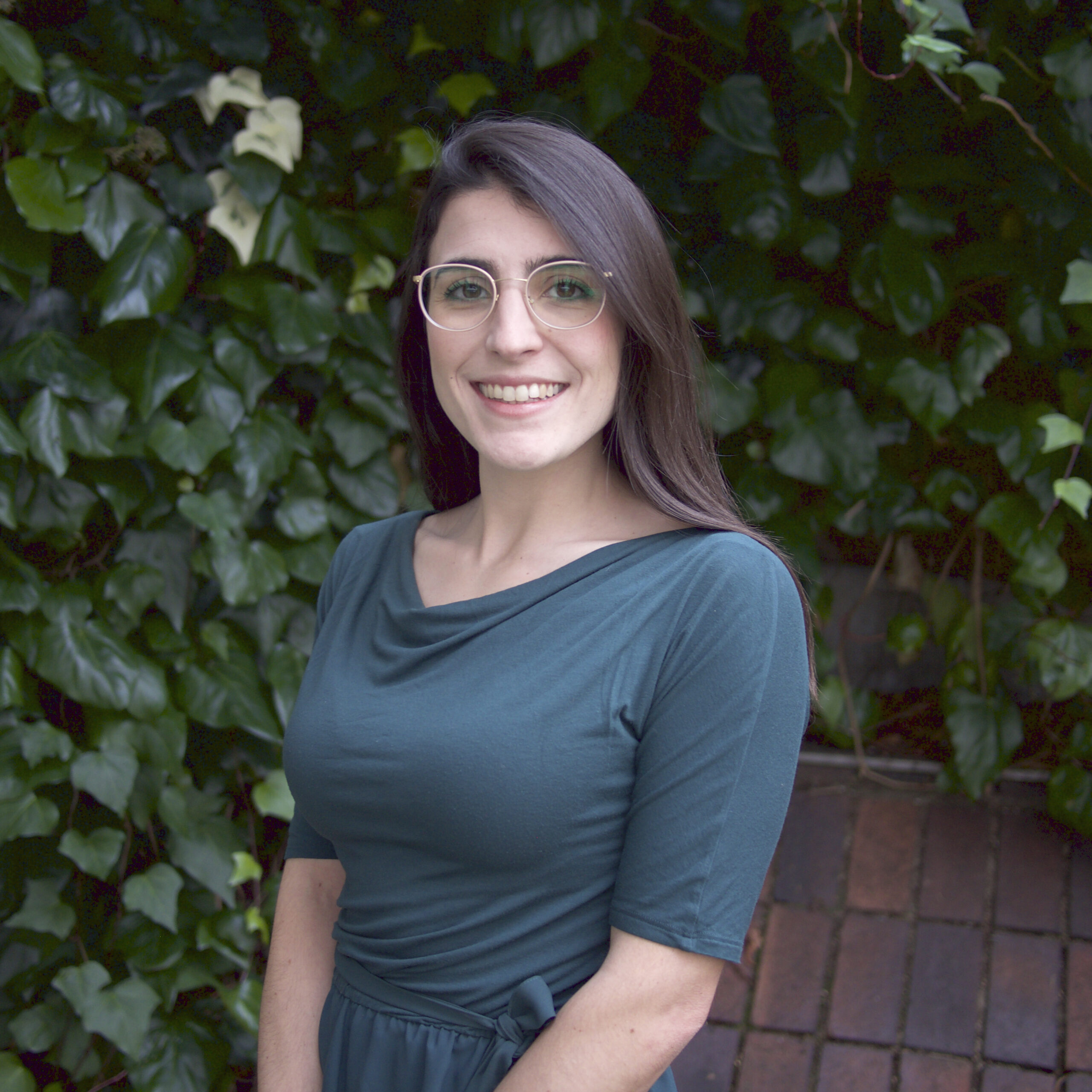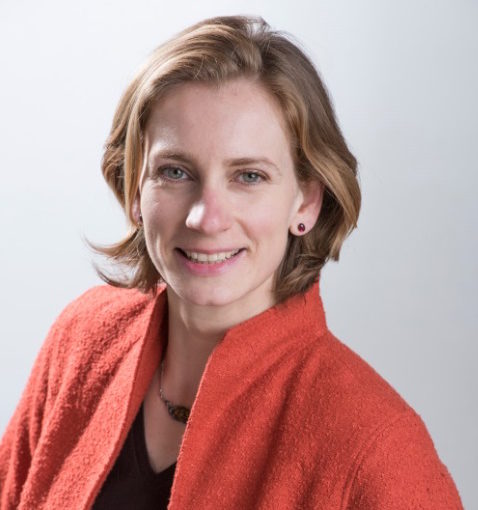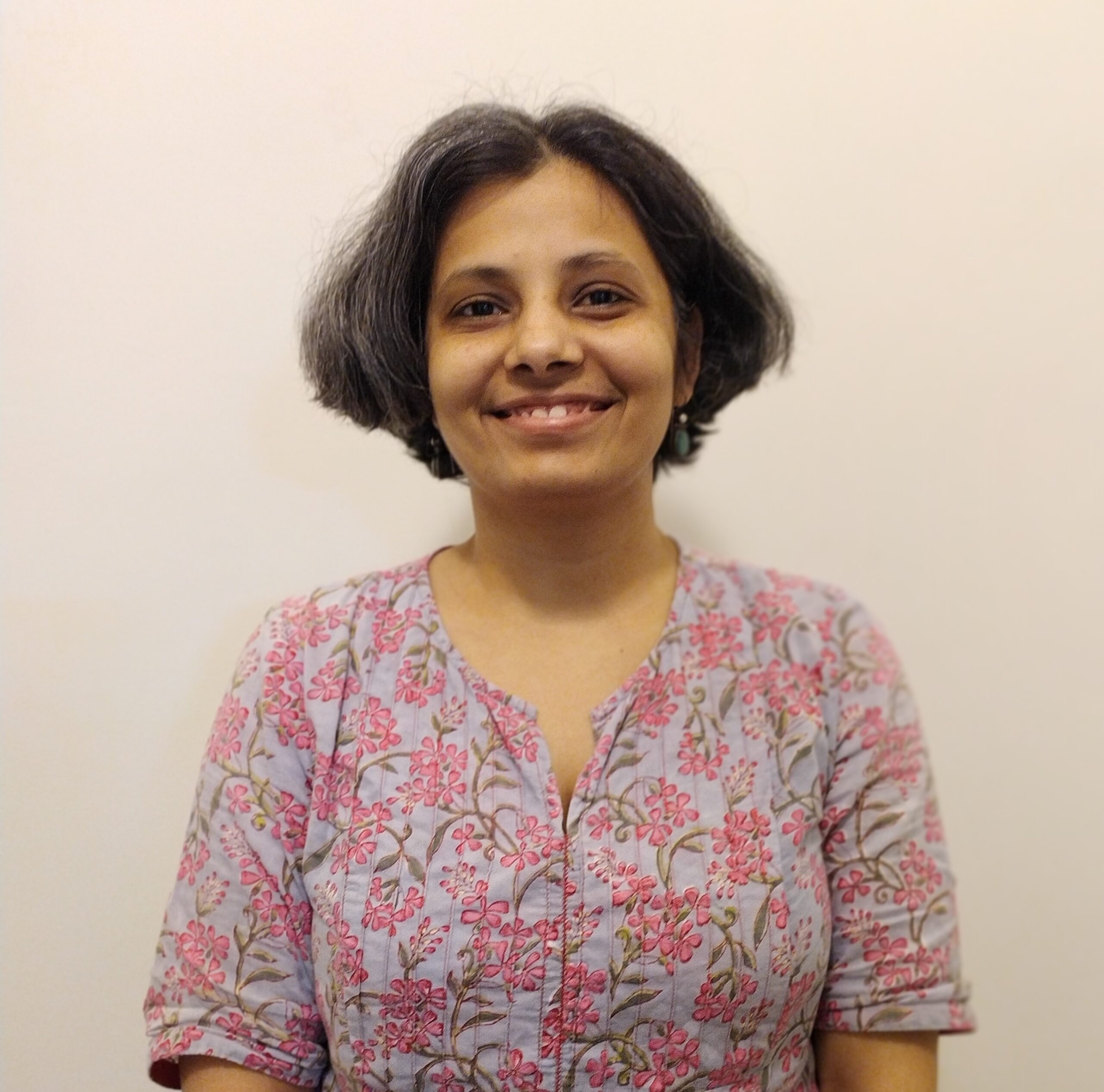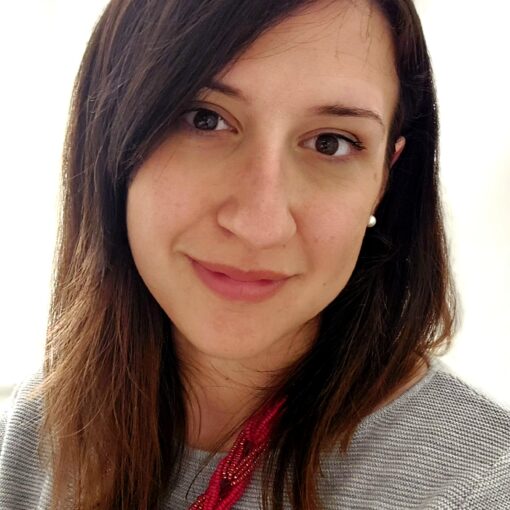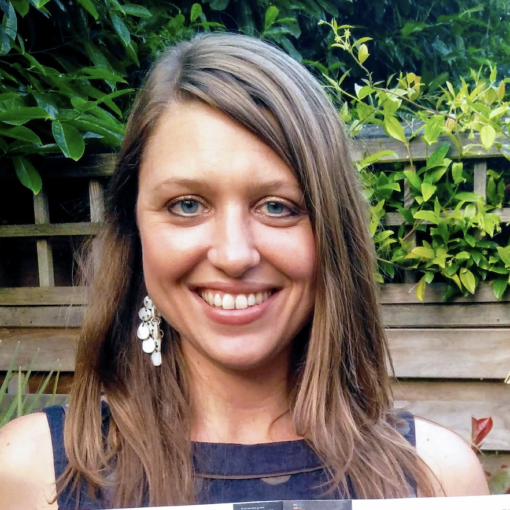DPhil Neuroscience, University of Oxford, 2020
| Horizons and Innovation Lead | |
|---|---|
| ieso Digital Health | |
Year entered into a non-academic position: 2020
Job highlight: I never stop learning and every day I am challenged to think ambitiously and creatively about complex problems.
My research training set me up to: learn independently and at pace about something totally out of my area of expertise, without being afraid to fail.
Left academia after: After 6 months of postdoctoral work
What’s your background?
I hold a BSc in Biotechnologies and an MSc in Molecular Biotechnologies from the University of Turin (Italy). I then transitioned to Neuroscience, obtaining an MSc and DPhil in Neuroscience from the University of Oxford. After completing a three-month science policy internship at the Academy of Medical Sciences and a short post-doctoral research project, I worked as a Biological Sciences and Health Advisor at the Parliamentary Office for Science and Technology, a bicameral body in the UK Parliament. I first joined ieso Digital Health as Evidence Integration Lead and now I work as Horizons and Innovation Lead.
Why did you move away from academia?
Although I have always been passionate about discovery research and its contribution to improve medical practice and change people’s lives, the internship at the Academy of Medical Sciences made me realized that I felt fulfilled the most when working in an environment where I could have a more direct impact on society, without having to wait for the very long timelines required by the translation from discovery research to medical practice.
Is there anything you miss about academia?
I have always been passionate about art in all of its forms. During my time in Academia, many of my experiments involved microscopy, a technique that sits in a sweet spot between science and art.
I really miss observing beautiful neuronal morphologies lighting up at the microscope, resembling an intricate forest invisible to the naked eye, and the feeling of wonder triggered by experiencing the beauty of nature at such a small scale.
How did you get this job? Did you face any challenges when considering a move away from academia or applying for the role?
Moving away from Academia can feel quite daunting. Often the biggest challenge is to overcome your own insecurities and really become aware of the assets that a scientist who completed a PhD can bring to different sectors. These include analytical and problem-solving skills, ability to learn at pace, proactivity, creativity and self-motivation.
My previous experience at the heart of policy making was key for the transition to my current job. In Parliament I learnt to avoid getting stuck into details and think instead about the bigger picture, understanding why a specific scientific insight matters, what the uncertainties around it are, and what decision-makers can do with that information.
I also learnt that being a generalist with interdisciplinary expertise is an asset for a dynamic sector such as the digital health start-up world. Here, I am comfortable to dive deep into unfamiliar complex topics, synthetize evidence-based recommendations and actively support senior leadership in decision-making.
What motivated you to/why did you choose the sector you transitioned into?
While I really enjoyed working for Parliament and acting as a bridge between the research community and policymakers, I felt I was too far away from the science I am really passionate about (neuroscience and mental health) and in many ways I see my current job as a return to my ‘science origin story’.
How did your PhD prepare you for your current job? For example, what were the transferable skills that you developed during your PhD that are most relevant to your current job?
The most important skill I acquired from the PhD is resilience. Working in a niche field on complex biological questions and with sophisticated techniques teaches you to accept failure and set up plans for alternative options. Creativity, problem solving and attention to details are crucial to develop viable solutions, given the time and resources constraints that any PhD student is under.
These skills are all critical in the start-up environment, where things change really fast and projects do not always go as planned.
Another key skill I learnt is how to juggle competing demands effectively. Having multiple experiments running in parallel, combined with presentations to prepare, tutorials to deliver, students to supervise and various public engagement activities, teaches you how to balance long- and short- term goals. Keeping your eyes on the horizon is crucial in a start-up, where it’s important to balance day-to-day priorities with long-term strategic goals.
Finally, the PhD (combined with all the opportunities that came with it, including the internship at the Academy of Medical Sciences) equipped me with extensive communication skills. Attending conferences, presenting posters and explaining complex science topics to the general public teaches you to effectively talk about science and interact with everyone, from the Emeritus Professor to the 5 year old girl. Although often overlooked, ‘people’ skills are the most valuable and transferable abilities that one should refine and improve over one’s career. Science (inside or outside Academia) is made up of people, after all.
Can you describe a typical week in your job?
I work for a data-driven AI healthcare company pioneering next-generation digital therapeutics to improve mental health outcomes and access to care. My role sits within the Impact and Corporate Development team, where we focus on how to translate what we learnt from hundreds of thousands of hours of psychological therapy into a meaningful impact for society.
Working in a digital mental health start-up means that no day is the same. I have been working on submitting evidence to UK Government consultations, identifying opportunities for new cross-disciplinary strategic partnerships, and monitoring how the regulatory and policymaking landscapes are changing with the latest AI advances – just to mention a few!
What are your favourite parts of your job?
The best part of my job is that I never get bored and I learn something new every day. I really enjoy being challenged to think ambitiously and creatively about complex problems (e.g., how can we apply a data-driven approach to improve quality of mental health care? What are the opportunities and challenges?), learning from internal and external experts, integrating knowledge across sectors and seeing the impact of my work on a daily basis.
Do you have any advice for current graduate students and postdocs considering a career outside of academia?
The top 3 pieces of advice I would give to everyone interested in moving into digital mental health are:
1) Apply for internships and placements – having the opportunity to spend 3 months away from the lab was a fundamental step in my career path. Since the advent of COVID-19, there is a lot more flexibility around working patterns and several internships are now available remotely or part-time – see for instance the fellowship opportunities available at POST. If you cannot commit to a 3-month internship, consider the Micro-internship Programme coordinated by the Oxford University Careers Service. It will help you decide what you like (and don’t like!) in new working environments. Further, internships are an asset in job applications, as employers value candidates that have explored opportunities outside Academia.
2) Before transitioning to a new field, learn about it as much as you can– There are a lot of companies focused on digital mental health (and digital health in general). Try to understand how they work: look for their publications, listen to their talks (often available online for free) and – most importantly – see whether their values reflect yours. For a general introduction to digital health and to keep up to date with the latest developments, sign up to newsletters such as the Digital Health Digest (curated by the charity King’s Fund) or the bulletin produced by the industry association Digital Therapeutic Alliance.
3) Remember that the whole is greater than the sum of its parts – digital health brings together people from very different backgrounds. Don’t be afraid to reach out to UX designers, engineers, product and market experts, be curious about what they do and discover together how you can combine your expertise. You can learn so much from people who have a totally different skillset from yours.
Above all, remember the importance of maintaining a healthy work-life balance. Whether it is daily meditation, exercise in the park or a dinner with friends, keep nurturing your wellbeing, so that you’ll be able to thrive wherever your career path brings you.
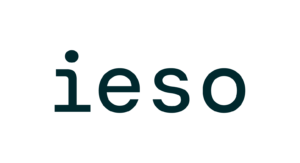
ieso is a data-driven AI healthcare company pioneering next-generation digital therapeutics to improve mental health outcomes and access to care.
The company is developing a pipeline of AI-driven evidence-based mental health assessment tools and solutions to democratise access to mental health therapy at scale. With a network of more than 600 fully qualified therapists, ieso provides virtual care (or telehealth) serving more than 20 million adults through the UK National Health Service (NHS), delivering more than 460,000 hours of cognitive behavioural therapy (CBT).
The company has analysed over 1 billion words of therapy to decode the active ingredients of therapy to develop scalable digital therapeutics. ieso’s research has been published in several peer-reviewed journals including the Lancet and JAMA, shaping our understanding of scalable digital mental healthcare solutions.

